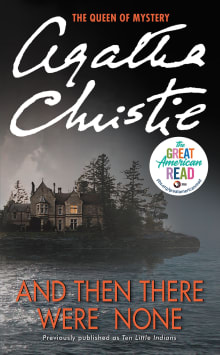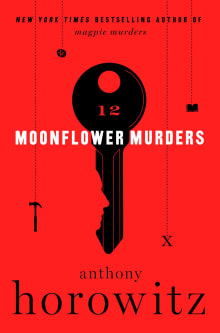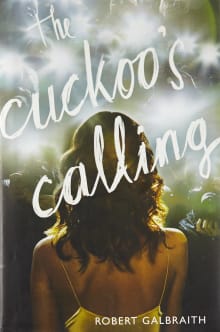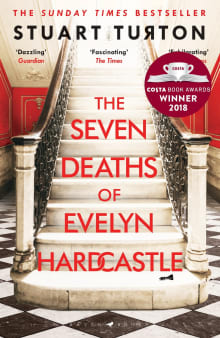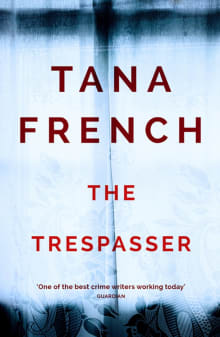
E_______ second draft, 97.0% complete.
Thanks to my fabulous colleague, Denitsa R., I was able for the first time in years to take a weeklong break from my day job totally uninterrupted by work. Pure bliss!
And how did I spend all this free time? Well, working of course.
I’m joking. Sort of. I attended a writing retreat at Moniack Mhor, “Scotland’s National Writing Centre.” Situated in the Scottish Highlands (not high by Denver standards but high enough), it’s a large farmhouse, adjacent cottage, and study/studio where writers of all levels and persuasions can get together to do nothing but eat, drink, write, and chat. Not necessarily in that order. They have an incredible staff whose job is to make sure nothing gets between you and whatever you want to do (literarily speaking) while you’re there. Your only obligation is to help prepare one of the communal evening meals. Even though I can burn water when left to my own devices, the kitchen turned out to be an absolute blast.
With thick walls and warm fireplaces to keep us snug against the winds howling through the mountains, I had an opportunity to mix with memoirists, PhD. candidates, poets, graphic novelists, writers of non-fiction and more. It was the best time I’ve had in ages. And did I say that the staff were amazing? (No, I didn’t. I said they were incredible. They were also amazing.) On the last night we had a super-Scottish evening with a piped-in and traditionally addressed haggis followed by people reading extracts from things they’d been working on. It was brilliant and funny and moving and harrowing by turns: not something I’m likely to forget anytime soon.

For me, it was also an opportunity to get a sense of what it might be like to be a full-time writer. It appears that, if given the opportunity, “full-time” writing would consist of getting to my desk around 10 a.m., working for a couple of hours, having a nap, followed by lunch, followed by another couple of hours of work, followed by another nap, followed by more food and/or the pub. Nice work if you can get it, right? Though, to be fair, four hours of writing a day is at least twice what I manage at the moment! We shall see. I am a very long way from being able to give up my day job. And that’s assuming I would even want to do such a thing.
Despite the frequent napping, my week at Moniack Mhor was incredibly productive. Thanks to the stuff I was able to get done up there, I’m only a day or two from finishing my second draft. After that, all that remains is to give it a final read through, make a few last-minute tweaks, and pack it off to the estimable Brady.
And then I can knuckle down to writing the sequel to A Quiet Teacher. I have the beginnings of an outline and synopsis: I just need to knit a bunch of interesting but random thoughts into something a little more coherent, after which: away we go!
You know, if I wasn’t having so much fun, this would feel like a job . . .




